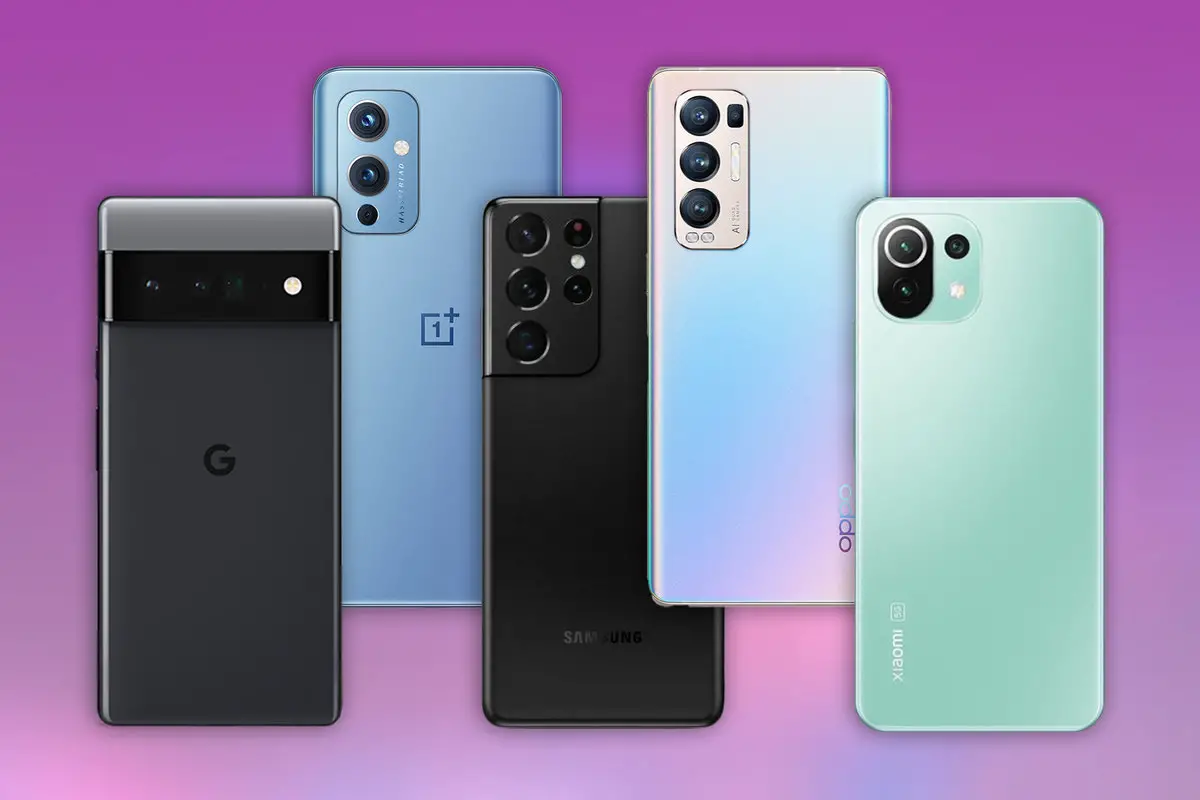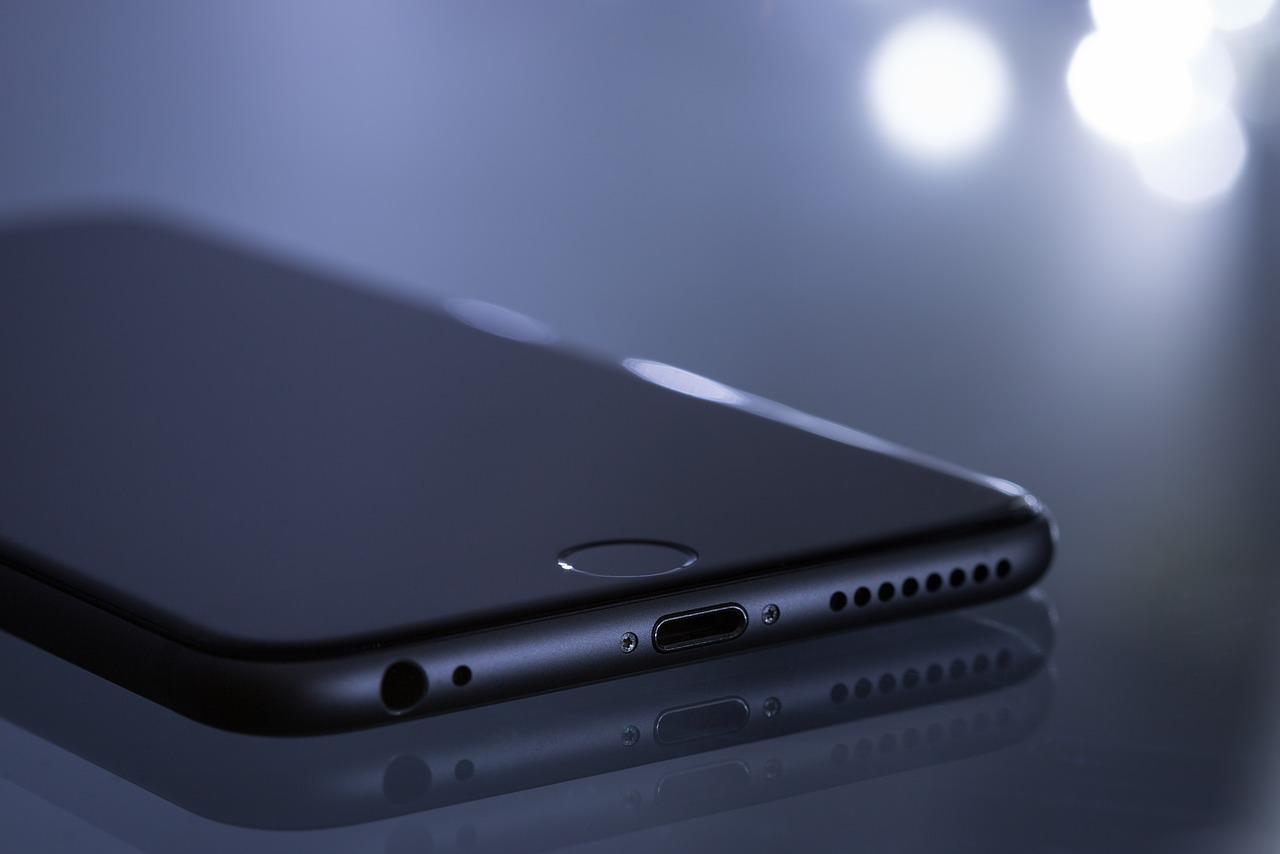In today’s fast-paced digital age, there’s no escaping our beloved smartphones. They’ve revolutionized the way we communicate, work, and even play. But as the saying goes, every rose has its thorn. While smartphones are incredibly useful, there might be some unforeseen drawbacks that we should be aware of. Especially concerning our memory. Here are five reasons why your smartphone could be having an adverse effect on your ability to recall information.
1. Distractions at Every Turn
Smartphones buzz, beep, and light up, continuously seeking our attention. Every notification can interrupt our train of thought. These constant distractions might be hampering our focus, which is vital for memory retention. Before you realize it, the task you were concentrated on is replaced by scrolling through social media or checking out the latest app. If you’re looking to hone in on improving focus, you might find these 9 tips to improve focus in your daily tasks handy.
2. Dependency on Digital Reminders
Why remember anything when you have apps and alerts for that? Need to pick up groceries? There’s an app reminder. Need to wish someone a happy birthday? There’s a notification for that. This over-reliance on our phones to remember everything for us can weaken our natural ability to recall.
3. Less Face-to-Face Interaction
Memory can be linked to interpersonal interactions. Engaging in conversations, listening actively, and interacting with others can enhance memory retention. With the convenience of messaging apps, face-to-face conversations have decreased, potentially limiting our cognitive interactions.
4. Information Overload
The Internet, at our fingertips, offers endless information. However, the constant influx of news, updates, and messages can overwhelm our brains. It’s like trying to drink water from a fire hose – too much, too fast. This rapid consumption of data can make it harder for our brains to filter out what’s important, leading to reduced retention of information.
5. Reduced Sleep Quality
There’s enough evidence suggesting that the blue light emitted by smartphones can disrupt our sleep patterns. Sleep is crucial for memory consolidation – the process where short-term memories are transformed into long-term ones. If you’re compromising on quality sleep by spending too much time on your phone before bedtime, your memory might be taking a hit.
But it’s not all doom and gloom. There are effective ways to counteract these effects and sharpen our memory. One method that has garnered attention is the ron white memory course. This program offers techniques and practices to enhance memory retention significantly. After all, while technology is advancing rapidly, it’s essential to ensure our natural abilities, like memory, are not left in the dust.
For those of us keen on leveraging the advantages of technology while staying mindful of its potential drawbacks, incorporating good habits into our digital routines can be beneficial. Whether it’s setting specific phone-free times during the day, using apps that encourage brain training, or simply being conscious of our screen time, there’s a balance to be found. And for those moments when you feel like detaching from the digital world and focusing on self-care, how to detox in 3 days and feel refreshed might be a great read.
To conclude, smartphones are here to stay. They’ve brought about remarkable benefits, but it’s our responsibility to use them judiciously. Prioritizing our brain health and memory, in an age of technological wonders, is not just wise but essential.
The Importance of Mental Exercise
Beyond the physical activities that we often prioritize in our daily routines, mental exercises hold significant importance. They serve as the gym workouts for our brains. Just as we condition and strengthen our muscles with physical workouts, mental exercises help to enhance cognitive functions, improve memory, and boost overall brain health. Regular brain-training activities such as puzzles, reading, or playing musical instruments can stave off memory loss and keep our minds sharp.
Digital Detox: A Breath of Fresh Air
In an era dominated by screens, taking a break, even if for a short period, can be incredibly refreshing. A digital detox involves setting aside time away from electronic devices, including smartphones. This break can be an hour, a day, or even a week, depending on what’s feasible for you. The objective is to disconnect, refocus, and give your brain a much-needed rest. This not only rejuvenates your mental state but also encourages real-world interactions, allowing for a deeper connection with oneself and the environment.
Mindful Moments and Memory
Mindfulness, the art of being present in the moment, has shown promising results in enhancing memory and cognitive functions. When we practice mindfulness, we train our brain to focus on the present, which in turn reduces distractions. This focused attention can enhance our memory retention abilities. Moreover, studies have shown that regular mindfulness practices, like meditation, can increase the gray matter density in the brain, further aiding memory and overall cognitive functions.



